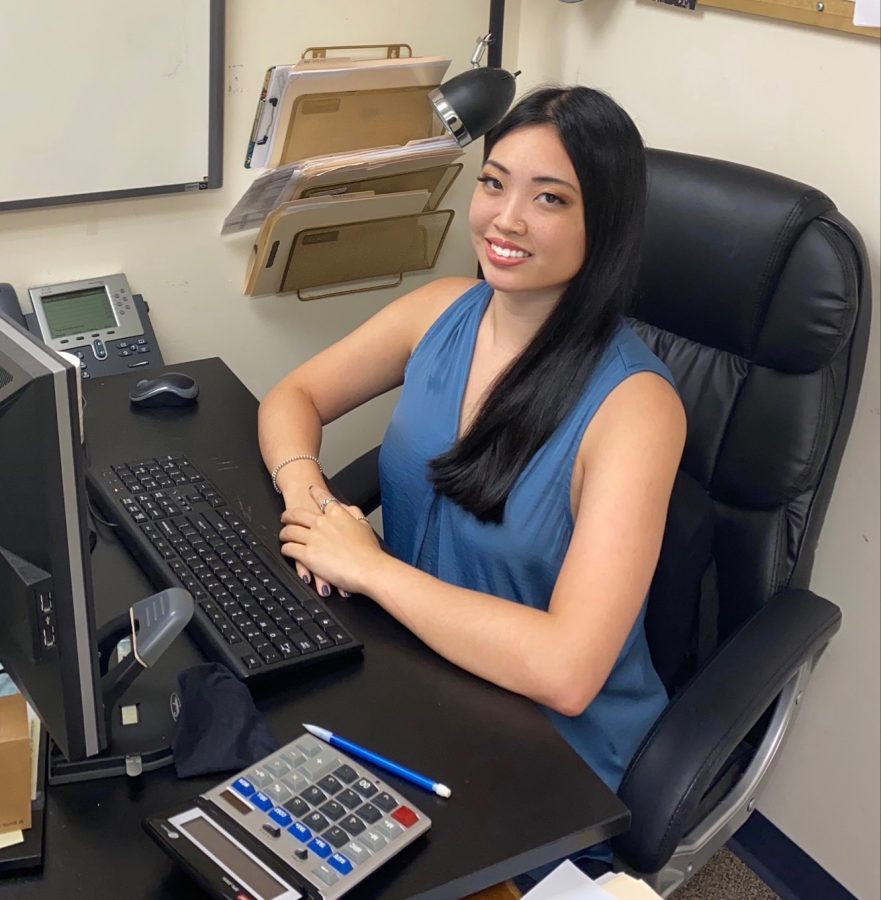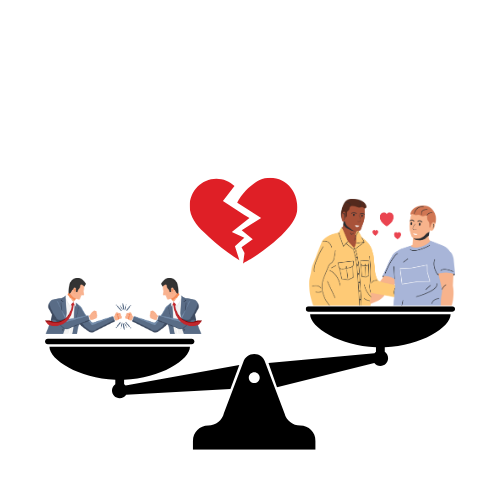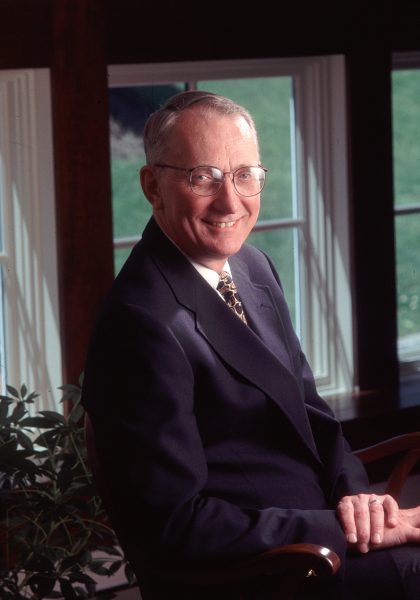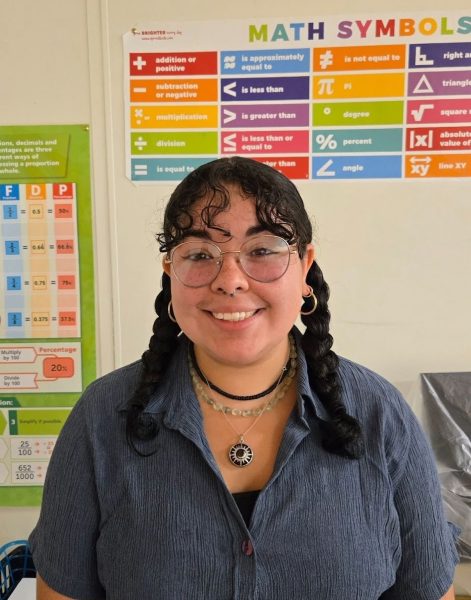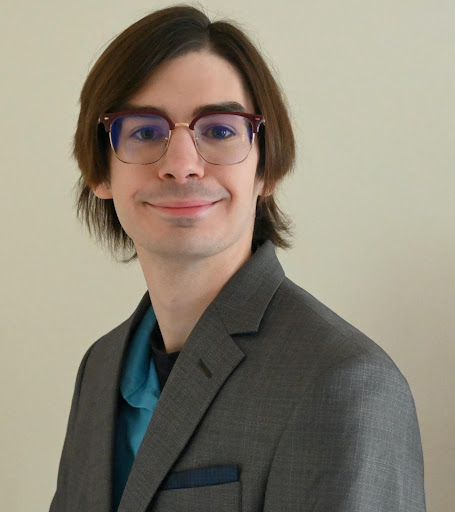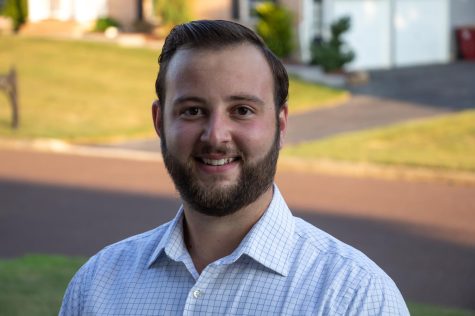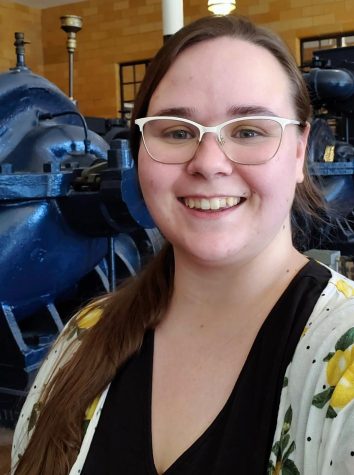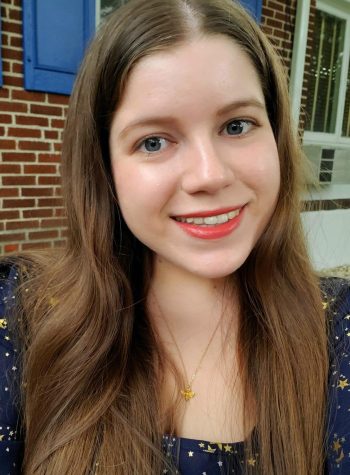The Class that Made a Difference: Creative Nonfiction (Prof. Mark Harris)
Michelle Whelan graduated from Moravian College in 2018. She majored in pre-music therapy and minored in English. Michelle lives in Monmouth County, New Jersey, where she works as an assistant director of housing outreach at Affordable Housing Alliance.
The class I took at Moravian that had the most impact on my current working-adult life was not one of the many music theory classes that were required for my major. (If any of my former music professors are reading this, I want you to know that I mean no offense. For four years, you did your best to help me. I just think we all knew that when it came to music theory, I was more of a magician than I was a musician; every time I stepped into your classrooms, any memory I might have had of your past lessons pulled a vanishing act and completely disappeared).
Rather, the class that I feel had the most impact was the creative nonfiction class I took with Professor Mark Harris the last semester of my senior year. Up until that point, I’d read very few, if any, works of nonfiction, creative or otherwise. Nonfiction portrayed real life, and real life to me had been boring and uneventful. Real life meant homework and last-minute studying. Why would I have wanted to read about real life, when I could have continued to dive right into the more exciting worlds of the fiction novels I’d loved so much?
But of course, I had to start reading nonfiction that last semester. After all, my grade depended on it.
So, I was surprised by how much I genuinely enjoyed what I was reading.
Every so often, we had assignments that required us to write about our real-life experiences, and share them with our peers.
For one project, I read a memoir written by a woman who, like me, is Asian American, and her experiences growing up in the U.S. greatly mirrored my own. All of these accounts were interesting, often very funny, and, well, real.
These stories weren’t written about or from the perspective of fictional characters. These were real experiences put onto paper by real people, and whether these people were famous authors I’d never met, or the college kids that sat in the desks beside me, I felt as if I knew them on a personal level.
But of course, there were many accounts I’d read that were not only very different from what I’d ever experienced, but accounts that were downright devastating.
These accounts described cruel, inhumane working conditions of migrant employees, devastating and rampant poverty within our own country. They were accounts that many of us will never experience firsthand, but still make us thankful for what we have.
Stories like those were a window into what I’d always known existed but hadn’t fully understood, and I found myself wanting to learn more. I think that’s what ultimately led me to apply for a job at an affordable housing agency, where I am currently employed today. I work for a company that helps low-income families improve their financial and housing situations, and provides shelter to those without homes.
The stories that I read in Professor Harris’s class, and the stories I’ve since heard from the thousands of households that come to my agency for help, would make anyone realize that things like homework and last-minute studying really aren’t so bad.


